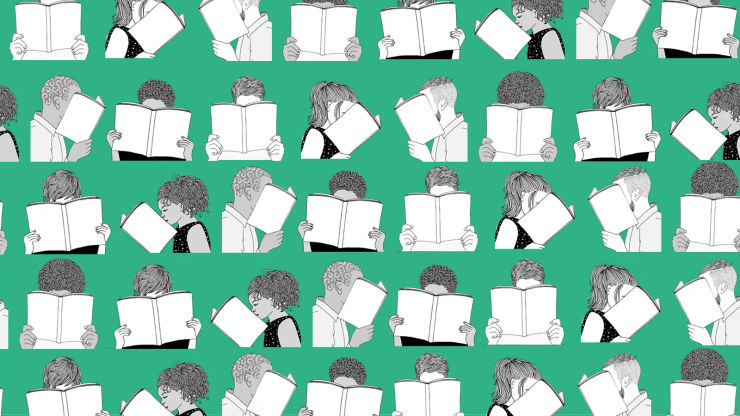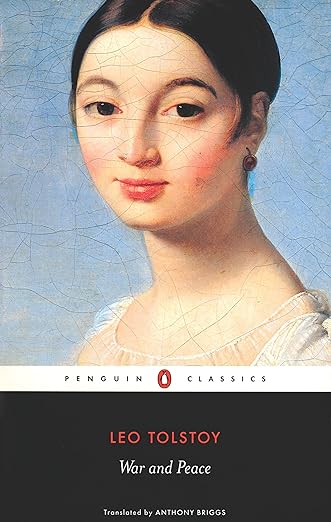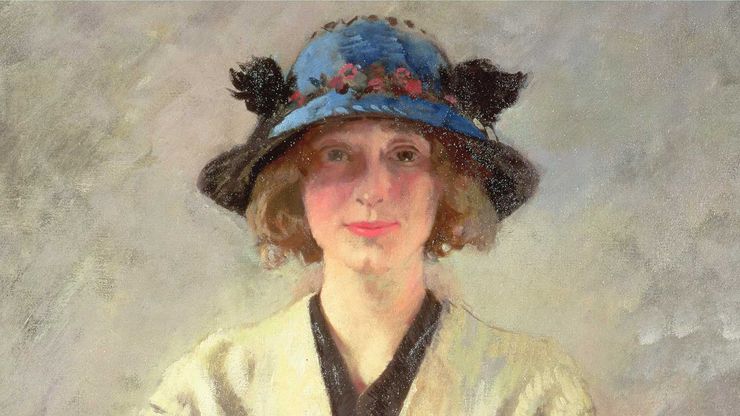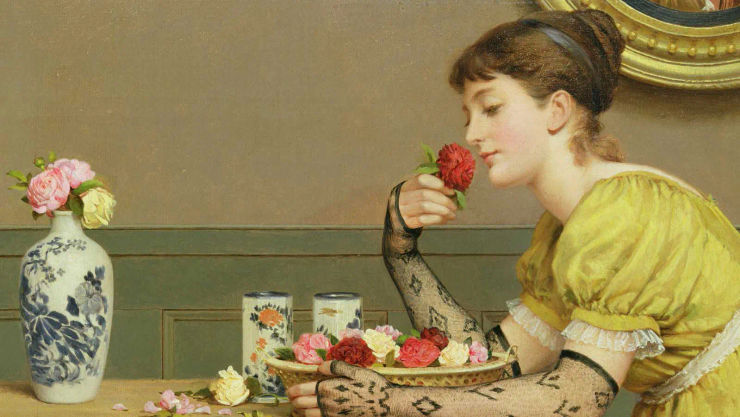The original good reads: why everyone should make time for the classics
Don't let any lofty connotations of the label put you off – there are so many reasons to read the classics, argues our website editor.

Classics can seem daunting. Their language can be hard to get used to. They're often huge. There can be an element of feeling that you should be reading them rather than that you want to. But there are lots of reasons to give them a go. Here are just four.
They’re really good
It’s tempting to save this point until last, unveiling it as a kind of flourish; a minor coup de théâtre after a list of worthy or intellectual incentives. But really, why else would you recommend someone a book?
Of course, as with anything, not everything seen as a classic will be to everyone's taste. Nevertheless, I'd argue that a book is unlikely to still be being read, widely, decades or even hundreds of years after it was written, if it isn’t any good. (Unless it’s so terrible it has gained some sort of mythic status. And actually I'd probably still want to read that.)
There are other elements that give a book longevity – I imagine there are lots of very good reads which haven’t outlived their authors. But in the Venn diagram of what makes a classic, ‘lots of people over a long period of time have all thought this is a really great book’ is the central intersection.
It's a chance to time travel
Dracula was written in and about the late nineteenth century. Jane Austen didn’t just set her novels in the Regency period, she lived through it. Little Women was published just a few years after the end of the American Civil War in which it is set.
Classics give us the chance to immerse ourselves in a historical period from the perspective of someone for whom it is not yet history. You're not just reading about the past, you're picked up and placed down in it. It lives in every element of the work – not just in the setting and characters, but in the ideas the author has chosen to explore and the language, structure and style in which they do so. The readers the author is writing for, the materials they had to write with, the table at which they sat: they are all there, treading their quiet influence through the book.
Classic historical fiction (A Tale of Two Cities, for example, written by Dickens in the mid-nineteenth century about the late-eighteenth century French Revolution) offers a kind of double time travel, taking us back to the period the book is set in, as seen through the eyes of another moment in time.
You'll discover a whole new world of Easter eggs
Classics are constantly reimagined and referenced in other writing and wider culture (Bridget Jones's Diary, Saltburn, Better Call Saul, Big Brother, song lyrics, from Taylor Swift to Metallica, to name just a few modern examples) and there's real joy and satisfaction – as well as new layers of meaning – in recognising and understanding these references. It's like access to a revelatory shorthand.
They always have something new to say, and something to say about the new
Back to that Venn diagram. As well as being really good, for a book to last a long time, new readers need to be able to relate to it, regardless of how distant its setting may feel. Classics are books that so brilliantly explore the constants of human life – love, death, morality – they remain relevant even as their readers' contexts change. Our sympathies shift, our emotional response is recast, a book's emphasis and meaning widens, or narrows, depending on our own lives, but it always feels applicable and apposite. Classics are a window to a particular time, and also timeless. Magic in book form.

















